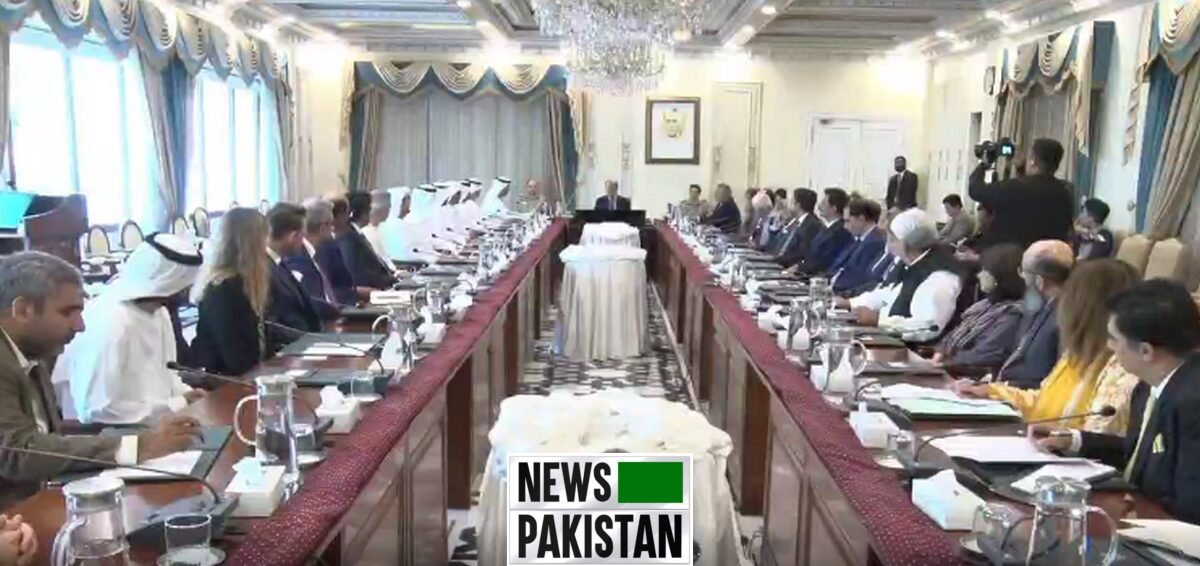ISLAMABAD: World Health Organization (WHO) Regional Director for the Eastern Mediterranean, Dr. Ahmed Al-Mandhari has praised Pakistan’s strong political commitment to achieving universal health coverage (UHC).
Dr. Ahmed Al-Mandhari, who concluded his first official visit to Pakistan applauding efforts to boost health and health care in the country, said the political will is at the highest level and the commitment of government and partners will be helpful to achieve the target of health for all in all.
The two-day visit from December 17 to 18 included meetings with several government officials and field visits aimed at enhancing mutual collaboration between WHO and the government of Pakistan.
The regional director was accompanied by Dr. N’ima Saeed Abid, WHO Country Representative ad interim, and Dr Zafar Mirza, Director of Health System Development at the WHO Regional Office.
He commended the leadership of the Ministry of National Health Services in polio eradication and also advancing the government’s UHC agenda.
He congratulated the minister on a recent breakthrough immunization campaign which saw more than 38 million children vaccinated against measles.
Dr Al-Mandhari also acknowledged the ministry’s initiatives to curb population growth, expand health insurance and strengthen family-based health care in selected districts in Pakistan.
He welcomed the government’s decision to impose a “health tax” on tobacco and sugary drinks, with the revenues generated being earmarked for health.
He also noted joint plans of WHO and the Ministry for further advocacy and action towards high burden communicable diseases such as Tuberculosis and Hepatitis.
Director General of Health Dr. Assad Hafeez briefed the WHO delegation on the Government’s five-year National Action Plan for Health, which was found in great harmony with WHO global and regional strategic priorities.
“Pakistan has made remarkable progress in protecting every child from polio, bringing down the number of children paralyzed by the virus from almost 20,000 each year in the early 1990s to only eight cases so far this year,” WHO regional director said.
“Now, we must end polio once and for all; WHO, together with our partners, will spare no efforts in supporting Pakistan to make this happen.”
Addressing participants at a Training of Trainers workshop on Infant and Young Children Feeding, he noted the importance of nutrition in fulfilling physical and psychological health needs of the children.
He urged to focus more on addressing stunting as a serious public health matter in the country, which has also been given special attention by the Prime Minister of Pakistan.
Dr. Al-Mandari concluded his visit by meeting with the staff of WHO country office in Pakistan.
He expressed his gratitude to the country team and shared his belief that the staff members are the Organization’s biggest asset.











